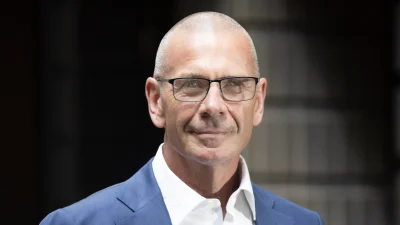More employee engagement with super needed



As women and people from indigenous backgrounds tend to be the losers in the superannuation system, the corporate world should help to address some of the inequality, Challenger believes.
Challenger chief executive, Brian Benari, said while the Government had an important role to play in setting the right super policy, the industry could not look to it to solve all super issues.
"Corporate Australia can help by addressing some of the inequality in the system and, alongside super funds, helping employees be more engaged in their super outcomes," Benari said.
"The financial services industry has a role to play in developing a wider range of products that help address the changing needs of retirees."
Benari said a 30-year-old woman on an average full-time female salary of $68,000, receiving the super guarantee (SG) for two periods of child care during her working life would cost an employer about $11,000.
He said investing in super for 35 years until retirement would generate an additional $67,000 into super savings, once compound returns and inflation were taking into account.
"That would equate to an uplift of six to seven per cent when it comes to retirement in 2050, or about 20 per cent of the projected retirement gender gap," Benari said.
"So it doesn't solve the problem of retirement inequality but it makes a material difference. I personally believe that this is something that every company that can afford to do, should do."
He said companies should engage more with their people around super by:
- Educating people to make sure employees understand the risks and benefits they are assuming in retirement;
- Encouraging people to salary sacrifice and partially match their contributions; and
- Where possible, paying SG during parental leave.
Benari noted that indigenous Australians will retire with about 27 per cent less savings, or an additional 6.5 years of work based on the current 9.5 per cent super contribution rate.
Recommended for you
BT is to launch a new low-cost “Focus” investment menu for its Panorama platform this October, in partnership with Vanguard, seeking to compete with industry superannuation funds.
Net gains of financial advisers have already doubled since the start of FY25, according to this week’s Padua Wealth Data, with momentum gathering pace far faster than the previous financial year.
National advice firm MiQ Private Wealth has appointed a new chief executive to lead the business through a “transformative era” after penning a partnership deal with AZ NGA earlier this month.
WT Financial’s managing director, Keith Cullen, believes the firm’s Hubco model with Merchant Wealth Partners will be a “repeatable growth model” for the business as it scales its adviser numbers.












